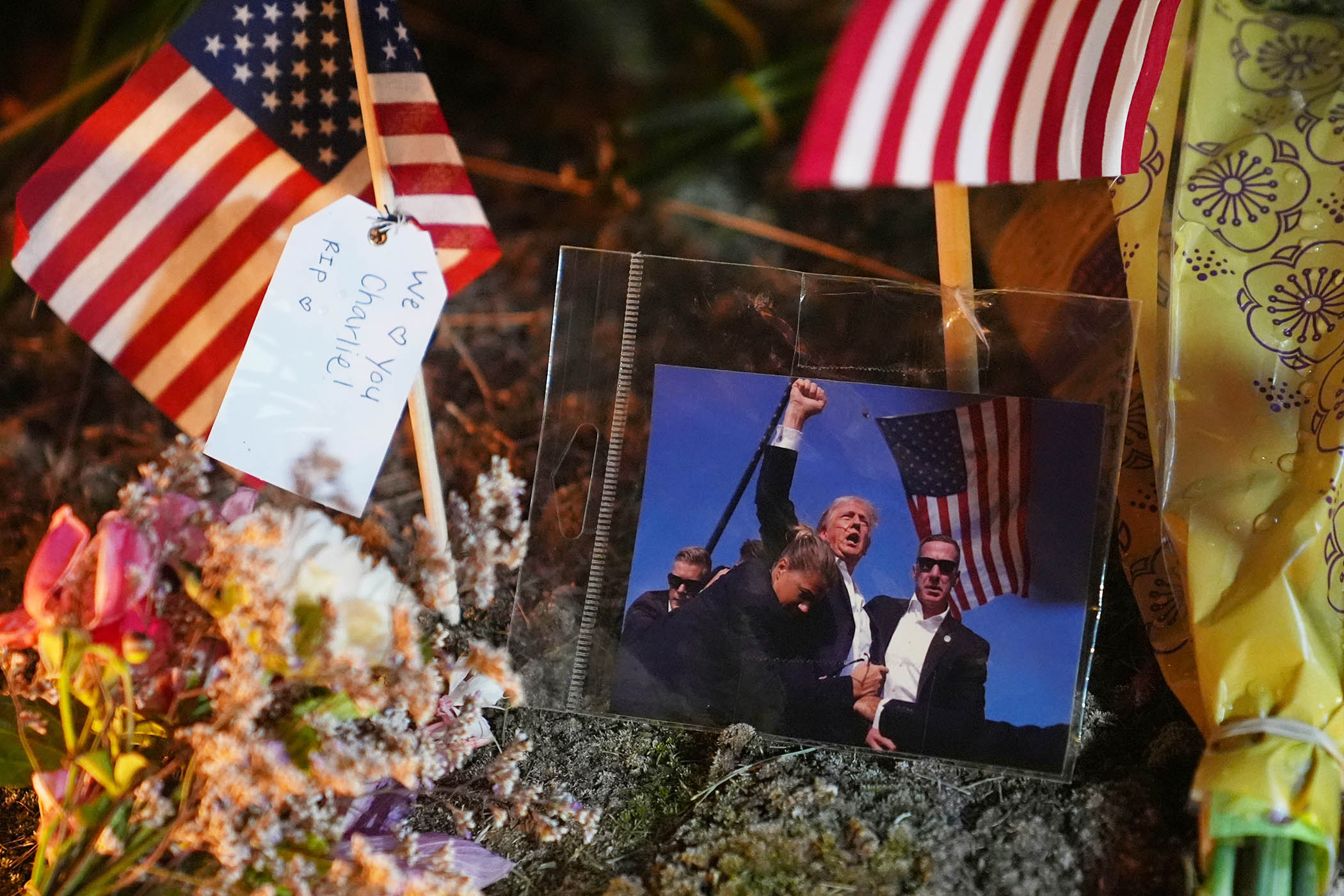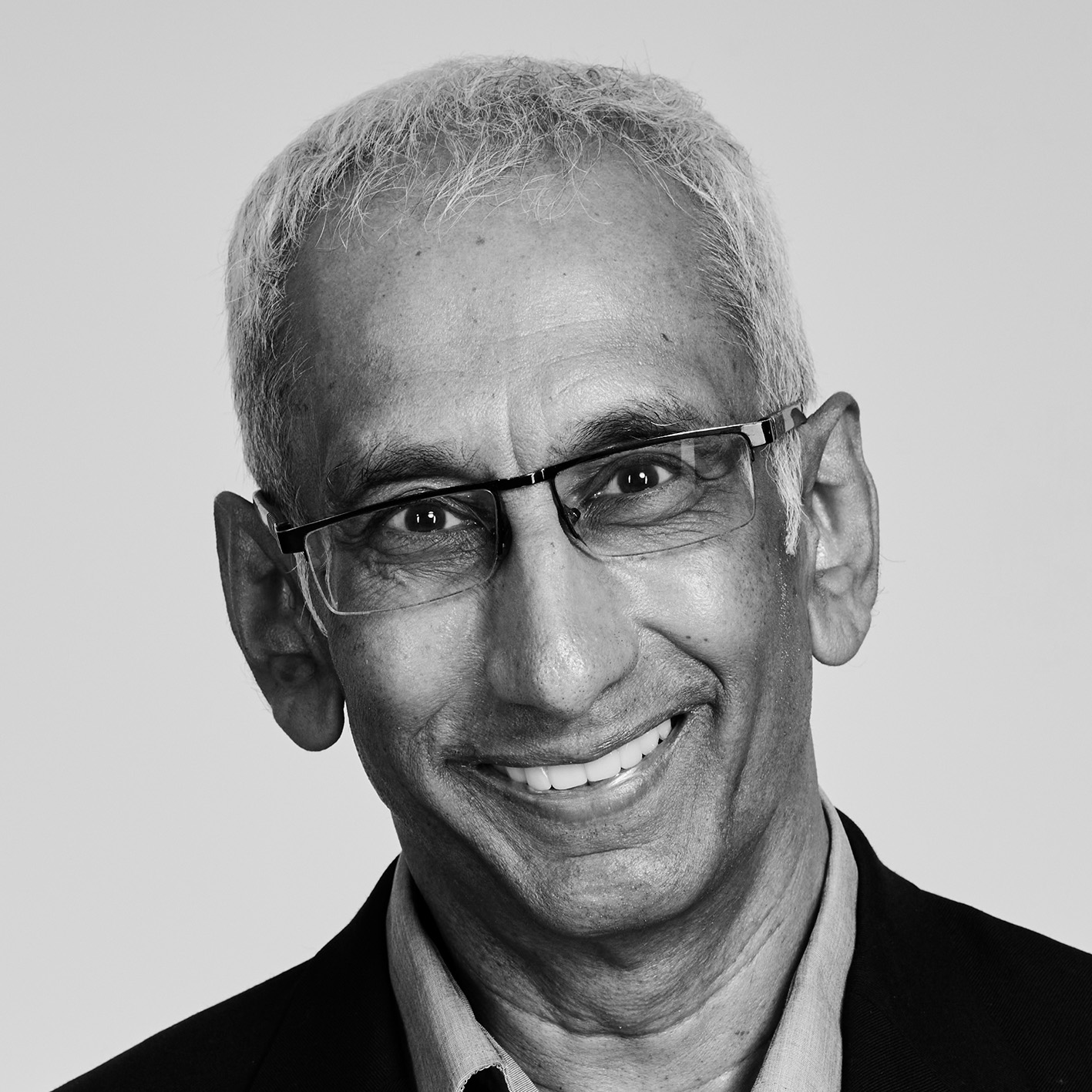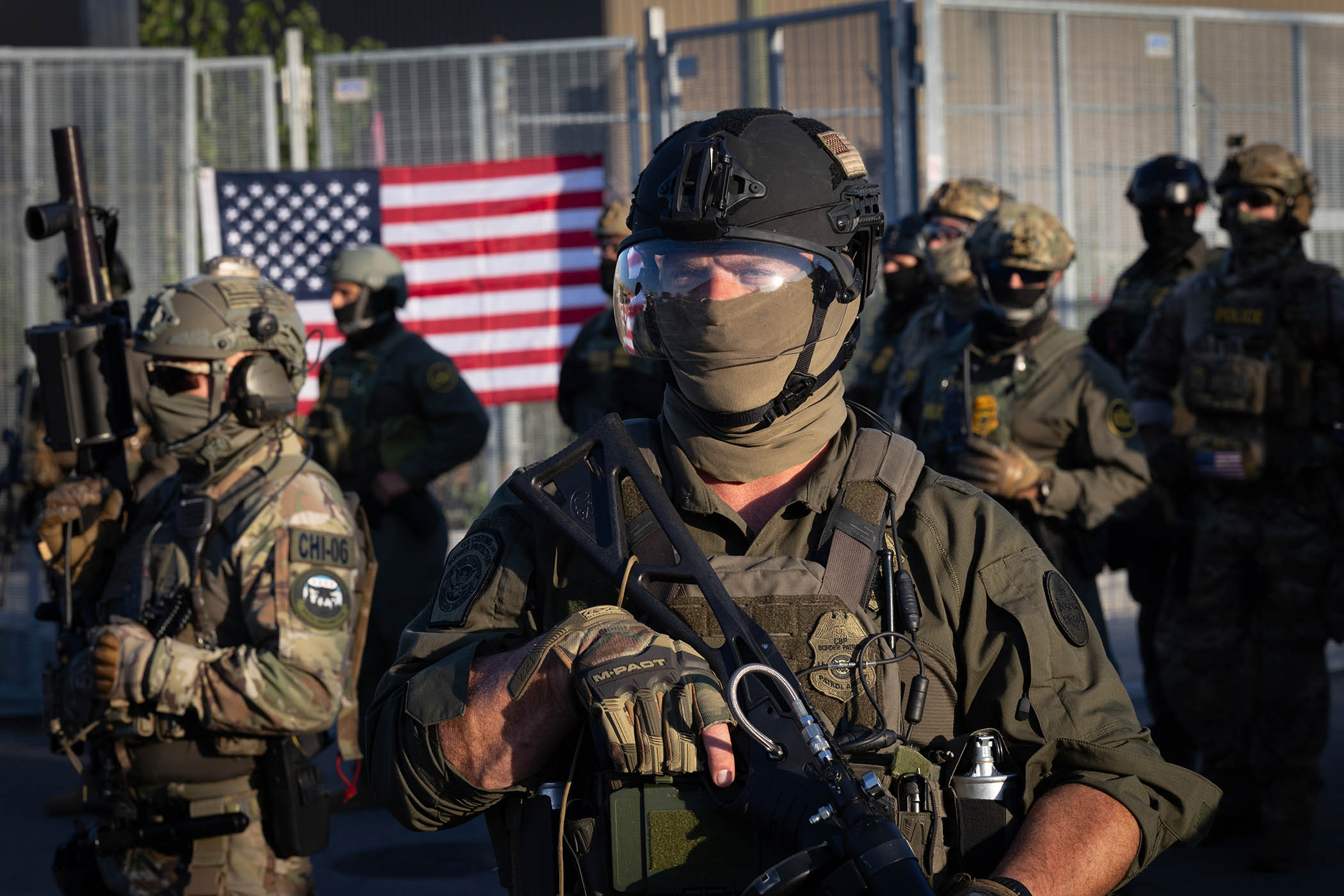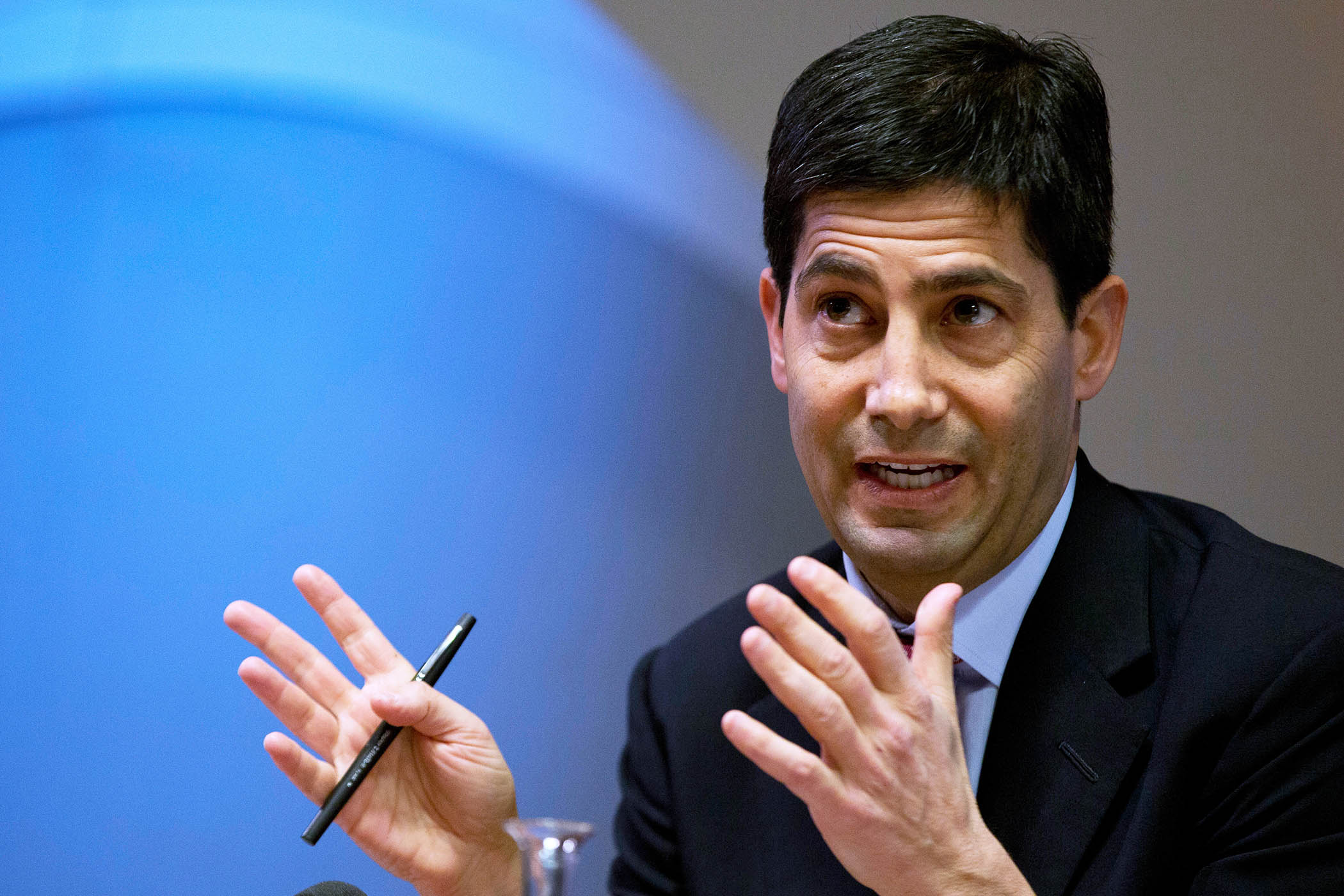We still know little about Tyler Robinson, the alleged assassin of Charlie Kirk. What we do know, or at least should know, is that, whatever his motive, there is no political or moral measure by which killing someone for their political views, however objectionable, can be justified. Nor is there any possibility of building a democratic leftwing movement within a culture that responds to arguments with a bullet. Not least because authoritarians who rarely need a second invitation to the ball now have an opportunity to spin new myths and crush dissent.
“Violence and murder are the tragic consequence of demonising those with whom you disagree,” President Trump declared after the shooting. The rhetoric of the “radical left… is directly responsible for the terrorism we are seeing in our country today.”
It has become one of the defining stories following Kirk’s murder: that the left bears responsibility for America’s political violence and that most welcomed Kirk’s assassination. Most Democratic leaders, from Barack Obama to Zohran Mamdani, the leftwing candidate in the upcoming election for New York’s mayor (and someone whom Kirk had described as a “parasite” and an illustration of the “problems of legal migration”), and media outlets from the centrist New York Times to the Marxist Jacobin, have unequivocally condemned the attack.
Nevertheless, in the swamps of social media and the depths of student politics there were certainly many who suggested that Kirk deserved what he got or who celebrated the killing. Inevitably, those who condemned the murder have been largely ignored while those who celebrated it are taken as defining the left.
In his televised address after the killing, Trump listed the acts of political violence unleashed by the “radical left” in recent years. “From the attack on my life in Butler, Pennsylvania,” he told the nation, “to the attacks on Ice agents, to the vicious murder of a healthcare executive on the streets of New York, to the shooting of House majority leader Steve Scalise and three others, radical left political violence has hurt too many innocent people and taken too many lives.”
What is striking about this list, and many similar ones from conservatives, is the way it erases from the record all political violence against liberal politicians. Just three months ago, Minnesota state representative Melissa Hortman, a Democrat, was assassinated by a gunman, alongside her husband. Earlier, another Democratic lawmaker, John Hoffman, and his wife, Yvette, had also been shot; both survived. On trial for the killings is Vance Boelter, who was, according to a friend, a Trump voter and hostile to abortion and gay rights. Last month, Solomon Peña, a former Republican candidate in New Mexico who had refused to accept that he had lost an election, was given an 80-year sentence for organising a shooting spree against four Democratic officials.
In 2022, Paul Pelosi, husband of the then Democratic speaker of the House of Representatives Nancy Pelosi, was attacked by David DePape with a hammer in their San Francisco home, leaving him with a fractured skull requiring surgery. Driven by far-right conspiracy theories, DePape had been looking for Nancy Pelosi who was in Washington DC at the time. He received a 30-year sentence for attempted murder.
Far from being sympathetic to the victim or admonishing the perpetrator of the violence, many Republicans, including Trump himself, mocked Paul Pelosi, some suggesting that he and DePape were gay lovers in a tiff. Kirk himself joined in the mockery, wondering why the police had acted so quickly, playing on the gay lovers conspiracy theory and encouraging his audience to provide bail for DePape.
Related articles:
In 2020, 13 men, some of whom were members of a far-right paramilitary group, were arrested for attempting to kidnap Michigan Democratic Governor Gretchen Whitmer and to overthrow the state government. Nine were convicted, receiving sentences of up to 20 years.
To erase all this history, to pretend that political violence is just one-way traffic, is not to deal with such violence but to turn it into a weapon in the culture wars. Similarly with demonisation. Certainly, there has been a drumroll of warnings from the left about “the coming of fascism”. But Republicans, too, have compared Democrats to Nazis. Republicans have fiercely denounced their opponents as “traitors”, “evil”, “Marxists, communists and fascists” and the “enemy from within”, a tirade that has inevitably helped to polarise voters’ views.
Newsletters
Choose the newsletters you want to receive
View more
For information about how The Observer protects your data, read our Privacy Policy
Worse has been the demonising of ordinary people, especially migrants and American citizens of migrant background, ranging from the absurdly bigoted campaign last year against Haitian migrants in Springfield, Ohio, to the brutal policing, detention and deportation of tens of thousands of people, many of whom had lived in America for decades or were citizens.
The kind of fear and brutality that Ice has brought into communities of migrant descent could now be turned on anyone who dissents. In the wake of Kirk’s murder, there have been widespread demands for a complete crackdown on leftwing activists. In his televised address, Trump already hinted at such action. Meanwhile, even as Kirk is sanctified as a martyr to free speech, people have been sacked for what they have said about him and his murder. Conservatives who have (rightly) insisted that free speech must include the right to be obnoxious and hurtful, now want retribution for hurtful words directed at their hero.
Democracy cannot function without free speech. Neither can it function without a public sphere that can bear the weight of political disagreement. Whether such a sphere can be sustained in the coming months is perhaps the most crucial question that America now faces.
Photograph by Lindsey Wasson/AP



